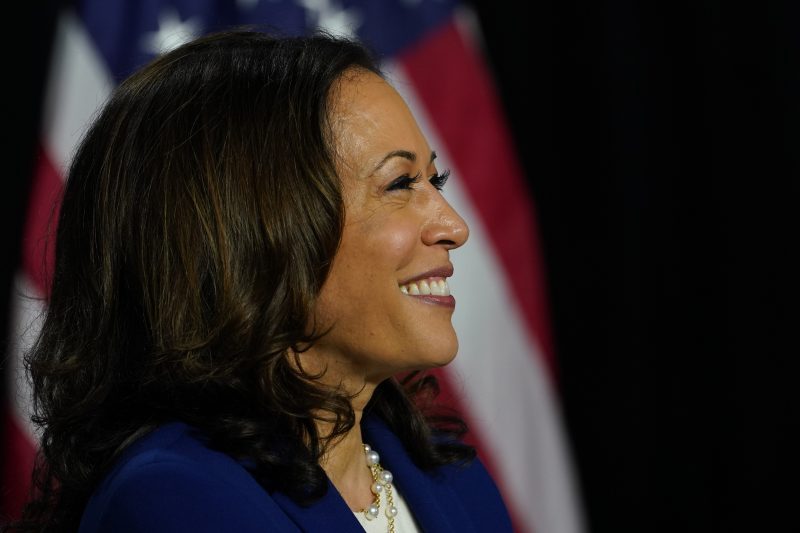In the civil rights movement in the United States, the issue of school desegregation through busing played a significant role in shaping the viewpoints of individuals on matters of race and equality. One such individual is Vice President Kamala Harris, whose experiences with busing school desegregation have influenced her perspectives on race relations and social justice. Harris, who was bused to a predominantly white school as a child, has often spoken about how this experience impacted her understanding of racial inequality and the importance of equal access to quality education.
Busing as a method of desegregating schools first gained prominence in the 1970s as a response to the ongoing segregation in many American school systems. The idea was to transport students from different neighborhoods to schools outside of their district in order to achieve racial integration in the classroom. This practice was met with mixed reactions, as many communities resisted the implementation of busing programs, viewing them as disruptive and unfair.
For Kamala Harris, busing was not just a policy issue but a personal experience that would shape her worldview and influence her future political career. Having been part of the second class to integrate her elementary school in Berkeley, Harris faced challenges and discrimination that made her acutely aware of the racial divisions that existed in society. Her parents, who were active in the civil rights movement, instilled in her the importance of fighting for equality and justice for all, regardless of race or background.
Through her experiences with busing, Harris developed a deep empathy for the struggles of marginalized communities and a commitment to breaking down barriers to equal opportunity. She has used her platform as a public servant to advocate for policies that address the legacy of systemic racism in areas such as education, criminal justice, and healthcare. Harris’s support for initiatives like increasing funding for historically black colleges and universities, reforming the criminal justice system, and expanding access to affordable healthcare reflects her belief in the need for comprehensive reforms to promote equity and justice.
In her role as Vice President, Kamala Harris continues to be a vocal advocate for social justice and racial equality. She has spoken out against systemic racism and discrimination, calling for concrete actions to address the disparities that exist in American society. Harris’s advocacy for a more inclusive and equitable future is informed by her personal experiences with busing and her lifelong commitment to fighting for fairness and opportunity for all.
As the country grapples with ongoing challenges related to race and equality, the legacy of busing school desegregation remains a powerful reminder of the importance of confronting racial injustice and working towards a more just and inclusive society. Kamala Harris’s journey from a young student bused to a desegregated school to the Vice Presidency serves as a testament to the transformative impact of experiences with diversity and integration in shaping one’s understanding of race and social justice. Her story is a testament to the power of individuals to effect change and create a more equitable future for all.
